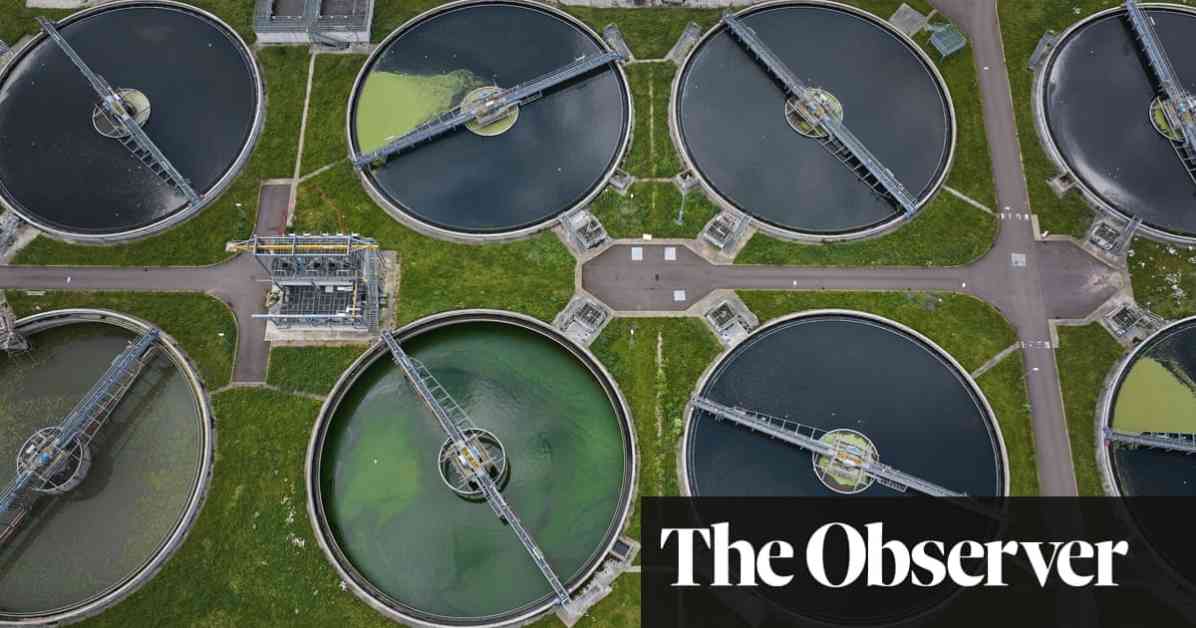Water companies in England have been accused of skirting pollution tests by reporting “no-flows” during sample collection days, even though the tests were never actually conducted. This shocking revelation has prompted calls for a major overhaul of the current self-monitoring regime that allows water firms to test their own effluent discharge levels.
A recent investigation found that water companies have been manipulating effluent flow to avoid detection of pollution, with Southern Water being singled out for deliberately manipulating data to appear compliant with environmental regulations. The number of reported no-flows significantly decreased once their practices were exposed, raising concerns about the validity of previous test results.
Peter Hammond from the campaign group Windrush Against Sewage Pollution (Wasp) has called for a more robust monitoring system that includes continuous automated sampling instead of monthly manual testing. The Environment Agency has responded to these findings by announcing upcoming changes to close the existing loophole that allows for false reporting.
In light of these revelations, the government has announced an independent commission to review the water sector and its regulation, potentially leading to significant changes in oversight and accountability. Ofwat, the water regulator, may face restructuring or even abolition as part of this comprehensive review.
Under the current operator self-monitoring system, water companies are responsible for taking samples from sewage outflows for lab testing to ensure compliance with environmental permits. However, the practice of reporting no-flows on sampling days raises questions about the accuracy and integrity of the data being reported.
While water companies claim that there are legitimate reasons for no-flows, such as blockages or maintenance issues, critics argue that these incidents should be thoroughly investigated to prevent abuse of the monitoring system. The Environment Agency has committed to updating its rules to require water firms to document and justify no-flow events, increasing transparency and accountability in the process.
The ongoing criminal investigation into potential non-compliance by water companies underscores the need for stricter regulations and enforcement measures to protect the environment. With additional staff being recruited and compliance checks being intensified, the agency is taking steps to crack down on any attempts to manipulate pollution test results.
Moving forward, it is crucial for regulators, government officials, and industry stakeholders to work together to ensure the integrity of pollution testing and prevent further manipulation of data. By implementing more stringent monitoring practices and holding water companies accountable for their environmental impact, we can strive towards a cleaner and more sustainable future for England’s waterways.












